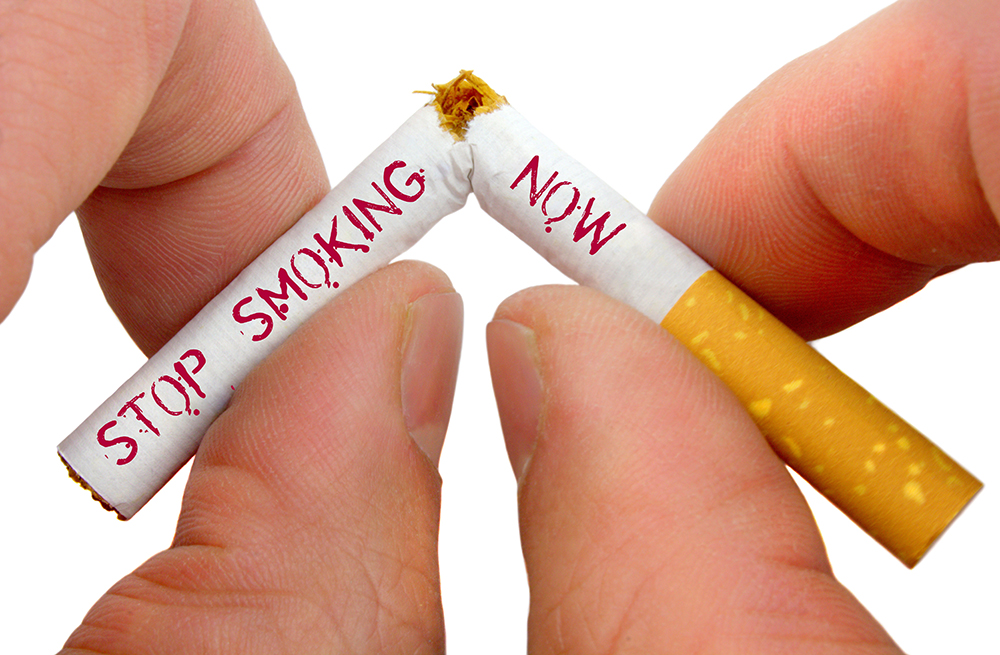There is good news for former smokers. Studies show that by quitting smoking the lungs have the ability to regenerate some of the damage they have suffered. And where this improvement first manifests itself in so-called respiratory cilia.

The bronchi are covered by capillaries similar to the human body called cilia, and whose mission is to cleanse the respiratory tract of microbes and waste. But in the case of smokers, the cilia are progressively paralyzed, which makes them inefficient when cleaning the lungs. One of the most obvious consequences of this situation is the accumulation of mucus that ends up causing the typical bronchitis of the smoker.
But by leaving the tobacco habit, the situation can be reversed. As a result, new cilia grow and the lungs become clear of snot. But not only that. Just two weeks after quitting, the person may already notice that it is difficult for them to breathe while exercising. This is due to the decrease in carbon monoxide in the blood, a gas that was inhaled with cigarette smoke and made it difficult to transport oxygen through the body.
Paradoxically, ex-smokers at first may notice that they cough more, but that’s because the cilia we alluded to earlier are active again, and they clean the lungs of snot.
Unfortunately, not all damages that cause smoking can be repaired. This is especially evident in the alveoli of the lungs, which, after years of ingesting fumes, become inflamed and severely damaged, causing what is known as pulmonary emphysema. Specialists say that the process that triggers this respiratory disorder begins within a few weeks of lighting the first cigarette, although it takes decades to manifest itself.
Regarding the risk of lung cancer, studies reveal that for a person who has not smoked for ten years, this danger is reduced to more than half, compared to that of an active smoker. But the risk will remain greater than in the chaos of someone who has never smoked.














